Home>diy>Building & Construction>What Is The Cost Of Building A Modular Home
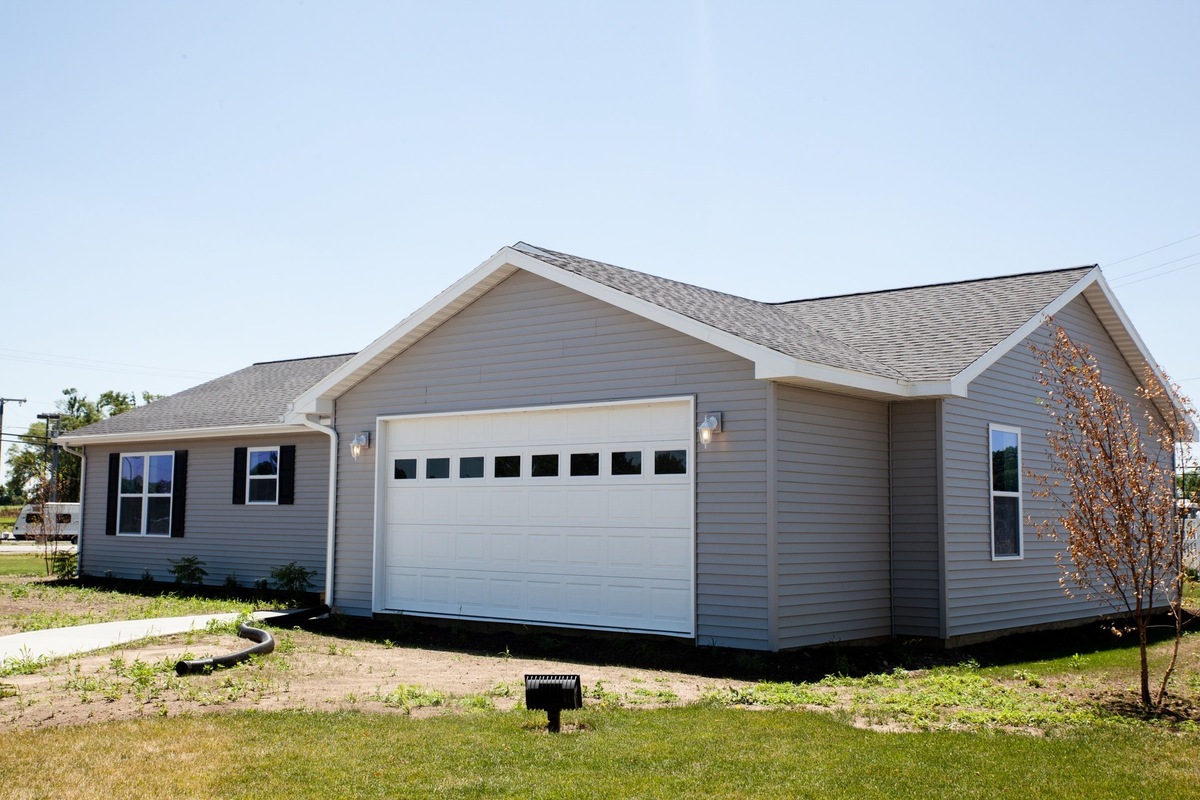

Building & Construction
What Is The Cost Of Building A Modular Home
Modified: December 7, 2023
Discover the cost of building a modular home with our comprehensive guide. Explore the various factors that influence construction expenses and make an informed decision.
(Many of the links in this article redirect to a specific reviewed product. Your purchase of these products through affiliate links helps to generate commission for Storables.com, at no extra cost. Learn more)
Introduction
Welcome to the world of modular homes, where construction meets innovation. In recent years, modular homes have gained popularity as a cost-effective and efficient alternative to traditional site-built homes. With advancements in technology and the increasing demand for sustainable and customizable housing solutions, modular homes have become a preferred choice for many homebuyers.
But what exactly is a modular home? Simply put, it is a prefabricated home that is built off-site in a factory and then transported to the desired location for final assembly. It is constructed in sections or modules, hence the name “modular.” Once assembled, it is virtually indistinguishable from a site-built home, offering the same level of comfort and quality.
Modular homes have come a long way from their humble beginnings. Initially, they were associated with limited design options and lower quality construction. However, advancements in materials and manufacturing processes have revolutionized the industry, allowing for endless customization possibilities and superior craftsmanship.
One of the primary benefits of modular homes is their cost-effectiveness. Compared to traditional homes, modular homes can be more affordable, especially when it comes to construction and labor costs. Modular homes are built in a controlled environment, reducing the risk of weather-related delays and other construction setbacks. Additionally, the streamlined construction process enables manufacturers to optimize efficiency, resulting in time and cost savings.
Another advantage of modular homes is their environmentally friendly nature. Sustainable building practices, such as efficient insulation, energy-efficient appliances, and the use of eco-friendly materials, are inherent in modular home construction. This not only reduces energy consumption and waste but also contributes to lower long-term operating costs for homeowners.
Flexibility and customization are also significant advantages of modular homes. From floor plans and layouts to finishes and fixtures, modular homes offer a wide range of customization options to suit individual preferences and lifestyles. Whether you’re looking for a cozy cottage or a spacious family home, there are modular designs available to meet your needs.
In the following sections, we will explore the factors that impact the cost of building a modular home, provide a breakdown of the expenses involved, and discuss financing options. We will also offer tips for choosing the right modular home builder to ensure a smooth and successful construction process. So, let’s dive deeper into the world of modular homes and discover the possibilities that await.
Key Takeaways:
- Modular homes offer cost-effective, sustainable, and customizable housing solutions, revolutionizing the construction industry with efficient, quality, and environmentally friendly homes.
- Factors such as size, customization, location, and materials impact the cost of building a modular home, while various financing options and choosing the right builder are crucial for a successful construction journey.
Read more: What Is A Modular Construction
Benefits of Modular Homes
Modular homes offer an array of benefits that make them an attractive option for prospective homeowners. Let’s explore some of the advantages of choosing a modular home:
- Cost-effective: Modular homes are often more cost-effective compared to traditional site-built homes. The controlled factory environment allows for efficient construction practices and reduced labor costs. Additionally, the ability to customize and choose from various options helps homeowners stay within their budget.
- Time-efficient: Constructing a modular home is generally faster than building a traditional home. Since the modules are constructed simultaneously in a factory, there is no dependency on weather conditions, inspections, or other delays that can occur in on-site construction. This means that homeowners can move into their new modular homes within a shorter timeframe.
- Sustainable Construction: Modular homes are built with sustainability in mind. The factory environment promotes efficient use of materials and reduces waste. Additionally, manufacturers use energy-efficient appliances, insulation, and other eco-friendly practices, ensuring that modular homes have a smaller carbon footprint compared to traditional homes.
- Customizable Designs: Modular homes offer endless design possibilities. Whether you prefer a contemporary, traditional, or farmhouse-style home, there are modular designs available to suit your taste and lifestyle. Homebuyers can choose from a variety of floor plans, exterior finishes, interior fixtures, and other customization options to create their dream home.
- Quality Construction: Modular homes undergo rigorous quality control inspections during the manufacturing process. Skilled craftsmen and engineers ensure that every module meets strict standards and adheres to safety regulations. This results in a well-built and structurally sound home that is built to last.
- Flexibility and Expandability: Modular homes offer flexibility for future expansion. If homeowners need more space in the future, additional modules can be added onto the existing structure, allowing for easy scalability without significant disruption or costly renovations.
- Energy Efficiency: Modular homes are designed for energy efficiency. The use of advanced insulation materials, energy-efficient windows, and HVAC systems ensures lower energy consumption and reduced utility bills. Homeowners can enjoy a comfortable living environment while minimizing their environmental impact.
- Financial Benefits: Modular homes retain their value over time and can appreciate similarly to traditional homes. Furthermore, their cost-effective construction and energy-efficient features result in lower monthly expenses, leading to long-term savings for homeowners.
With these various benefits, it’s no wonder that modular homes have gained popularity among homeowners. They offer an affordable, efficient, and customizable solution, while also promoting sustainability and quality construction. If you’re considering building a new home, exploring the world of modular homes can open up a world of possibilities.
Factors Affecting the Cost of Building a Modular Home
While modular homes are known for their cost-effectiveness, the final price is influenced by several factors. Understanding these factors can help you estimate the cost of building a modular home accurately. Here are the key factors that affect the cost:
- Size and Floor Plan: The size of the modular home plays a significant role in determining the overall cost. Larger homes require more materials, modules, and labor, resulting in higher expenses. Additionally, the complexity of the floor plan, including the number of rooms, bathrooms, and layout design, can impact the cost.
- Customization and Upgrades: The level of customization and the choice of upgrades also affect the cost of a modular home. Custom features, such as upgraded countertops, flooring, cabinetry, and appliances, can increase the price. It’s important to establish a clear budget and prioritize desired upgrades to avoid unexpected costs.
- Location and Site Preparation: The location of the building site can influence the cost of a modular home. Factors such as site accessibility, foundation requirements, and local building codes and permits can impact the overall expenses. Additionally, site preparation, including clearing, grading, utilities, and landscaping, should be considered when budgeting for the project.
- Transportation and Installation: The cost of transporting the modular home from the factory to the building site and the installation process is another factor to consider. The distance between the factory and the site, the size of the modules, and any necessary permits or escorts can affect transportation costs. Proper installation, including crane services and securing the modules, is crucial to ensure a safe and successful assembly.
- Quality of Materials: The quality of materials used in the construction of a modular home can impact the overall cost. Higher-end materials and finishes will generally result in a higher price. It’s important to strike a balance between quality and budget to ensure a well-built home that meets your requirements.
- Additional Cost Factors: Additional cost factors to consider include architectural and design fees, engineering services, interior and exterior finishes, HVAC system installation, plumbing and electrical work, and any necessary upgrades to meet local building codes and regulations. These expenses should be factored into your overall budget for the project.
It’s important to work closely with a reputable modular home builder to accurately estimate the cost based on your specific requirements. They can provide guidance and help you navigate through the various factors that influence the final price. By understanding these cost factors, you can make informed decisions and ensure the successful completion of your modular home within your budget.
Cost Breakdown of Building a Modular Home
Building a modular home involves several cost components that need to be considered when planning your budget. To give you a better understanding of the expenses involved, here is a breakdown of the typical costs associated with building a modular home:
- Manufacturing Cost: The manufacturing cost is the price of the modular home itself, which includes the construction of the modules in the factory. This cost varies based on the size of the home, the level of customization, and the quality of materials used.
- Delivery and Installation: The cost of delivering and installing the modules at your building site is another component to consider. This includes transportation fees, permits, cranes, and labor for the setup and assembly of the modules. The distance between the factory and the site and the complexity of the installation process can influence these costs.
- Foundation and Site Preparation: Before the modular home is installed, you need to prepare the building site and lay the foundation. This cost includes site clearing, excavation, grading, and the construction of the foundation. The type of foundation chosen, such as slab, crawl space, or basement, can affect the overall cost.
- Utilities and Hookups: Connecting the modular home to utilities, such as electricity, water, and sewer, requires additional expenses. These costs will depend on the distance from the main utility lines, the complexity of the hookup process, and any necessary permits or inspections.
- Interior Finishes and Fixtures: The cost of interior finishes and fixtures, such as flooring, cabinets, countertops, faucets, and appliances, should be factored into your budget. The level of customization and the quality of materials chosen will influence these costs.
- Exterior Finishes: Exterior finishes, including siding, roofing, windows, and doors, contribute to the overall cost. These costs will vary based on the materials selected, such as vinyl, brick, or stucco, and the complexity of the design.
- Permits, Fees, and Inspections: Obtaining necessary permits, paying fees, and scheduling inspections are essential steps in the construction process. These costs may include building permits, impact fees, environmental assessments, and any required inspections for code compliance.
- Additional Costs: Other expenses to consider include architectural and engineering fees, landscaping, interior and exterior painting, HVAC system installation, plumbing and electrical work, and any necessary upgrades or modifications. These costs will vary based on your specific requirements and preferences.
It is important to work closely with a modular home builder to estimate the cost breakdown accurately. They can provide guidance based on your desired specifications and help you create a comprehensive budget for your modular home project.
Keep in mind that the cost breakdown can vary depending on factors such as location, local building codes, and the complexity of the design. By understanding the breakdown of costs, you can plan your finances accordingly and ensure a successful and cost-effective modular home construction process.
When considering the cost of building a modular home, it’s important to factor in not just the initial purchase price, but also the cost of land, site preparation, permits, and any additional customization or upgrades. It’s also a good idea to get quotes from multiple modular home builders to ensure you’re getting the best value for your budget.
Financing Options for Modular Homes
When it comes to financing a modular home, there are several options available to help you achieve your homeownership goals. Here are some common financing options to consider:
- Traditional Mortgage: One of the most common ways to finance a modular home is through a traditional mortgage. This involves obtaining a loan from a bank or mortgage lender, which is secured by the home itself. Traditional mortgages typically offer competitive interest rates and longer repayment terms, making it a popular choice for many homebuyers.
- Construction Loan: If you are planning to build a modular home from scratch, a construction loan might be an appropriate option. Construction loans provide financing for the construction process and convert into a traditional mortgage once the home is completed. This type of loan allows you to access funds throughout the construction stages, paying contractors and suppliers as needed.
- Modular Home Loan: Some lenders specialize in offering loans specifically for modular homes. These loans are designed to meet the unique requirements of modular home financing. They may offer competitive rates and terms tailored to the modular home construction process. It’s recommended to work with lenders familiar with modular homes to ensure a smooth and efficient financing experience.
- Home Equity Loan or Line of Credit: If you already own a property, you can consider using a home equity loan or line of credit to finance your modular home. This involves borrowing against the equity in your existing home to fund the construction or purchase of the modular home. Home equity loans generally have favorable terms and can be a convenient option for homeowners looking to expand their real estate portfolio.
- Personal Savings or Family Assistance: If you have enough personal savings, you can opt to finance your modular home purchase without taking out a loan. This eliminates the need for interest payments and reduces long-term costs. Additionally, some individuals choose to receive financial assistance from family members to cover the expenses of building a modular home.
- USDA or FHA Loans: The United States Department of Agriculture (USDA) and the Federal Housing Administration (FHA) offer loan programs that can be used to finance modular homes. These government-backed loans often come with more flexible eligibility requirements and favorable terms. They can be an excellent choice, especially for first-time homebuyers or those with a lower credit score.
When considering financing options, it’s essential to compare interest rates, loan terms, and eligibility requirements from different lenders. Consulting with a mortgage broker or financial advisor can help you navigate the various options and choose the best financing route based on your specific needs and financial situation.
Remember to budget for closing costs, including appraisal fees, title insurance, and loan origination fees, when calculating the overall cost of financing your modular home. By exploring these financing options, you can find the best solution that aligns with your financial goals and makes owning a modular home a reality.
Read more: What Is A Modular Brick
Choosing the Right Modular Home Builder
Choosing the right modular home builder is a crucial step in ensuring a successful and satisfying construction process. Here are some key factors to consider when selecting a modular home builder:
- Experience and Reputation: Research the builder’s experience in constructing modular homes and their reputation in the industry. Look for reviews, testimonials, and examples of their past work to get a sense of the quality and craftsmanship they offer. A builder with a solid track record indicates reliability and expertise.
- Portfolio and Design Flexibility: Evaluate the builder’s portfolio to see if their design style aligns with your preferences. A diverse range of floor plans and customization options is essential to ensure that your modular home meets your specific needs and tastes. A builder that offers flexibility in design can help you create a home that suits your lifestyle.
- Quality and Standards: Inquire about the building materials and construction standards used by the builder. High-quality materials and adherence to industry standards are crucial for a durable and energy-efficient modular home. Ask about certifications and warranties to ensure that your home will be built to the highest standards of quality.
- Customer Service and Communication: A reliable builder should provide excellent customer service and open communication throughout the construction process. They should be responsive to your questions and concerns, providing timely updates on the progress of your home. Good communication fosters a positive working relationship and ensures that your vision is accurately translated into the final product.
- Financial Stability: Consider the financial stability of the builder. A financially sound company is more likely to complete your project on time and within budget. Request information about the builder’s financial standing and inquire about their insurance coverage to protect your investment throughout the construction process.
- Licensing and Certifications: Ensure that the builder is properly licensed and holds relevant certifications for constructing modular homes in your area. Compliance with local building codes and regulations is essential to obtain the necessary permits and ensure a legally compliant home.
- Referrals and Recommendations: Seek referrals and recommendations from friends, family, and real estate professionals who have experience with modular home construction. Personal recommendations can provide valuable insights into a builder’s professionalism, workmanship, and overall customer satisfaction.
- Transparent Pricing and Contracts: Request detailed information regarding the pricing structure, payment schedule, and any additional costs or potential change orders. A reputable builder should provide a clear and transparent contract that outlines the scope of work, warranties, and any contingencies that may affect the cost or timeline of the project.
Take the time to interview multiple builders and ask for competitive bids. Compare their proposals and evaluate them based on the factors mentioned above. Don’t hesitate to ask questions or seek clarification on any aspect of the construction process.
Building a modular home is a significant investment, both financially and emotionally. By choosing the right modular home builder, you can ensure a smooth and stress-free construction experience, resulting in the modular home of your dreams.
Conclusion
Building a modular home offers numerous benefits, from cost-effectiveness and efficiency to customization and sustainability. With advancements in technology and construction practices, modular homes have become a viable and attractive option for prospective homeowners. By understanding the factors that impact the cost, the cost breakdown, financing options, and choosing the right builder, you can embark on a successful modular home construction journey.
Modular homes provide an affordable and efficient solution for those looking to build their dream home. The controlled factory environment and streamlined construction process result in cost savings and shorter construction timelines. The ability to customize and personalize your modular home ensures that it meets your unique needs and style preferences.
When considering financing options, research mortgage lenders and explore government-backed loan programs that cater specifically to modular homes. By doing so, you can find competitive rates and terms that align with your financial goals.
Choosing the right modular home builder is crucial for a successful project. Look for experience, reputation, and a diverse portfolio of designs to ensure they can bring your vision to life. Good communication, transparency, and adherence to high-quality standards are also key factors to consider when selecting a builder.
In conclusion, modular homes offer a modern, cost-effective, and sustainable way to achieve homeownership. With their endless customization options, quality construction, and flexibility, modular homes continue to gain popularity among those seeking a better housing solution. By understanding the various aspects involved in building a modular home and making informed decisions, you can embark on a rewarding journey towards owning your own modular home.
Frequently Asked Questions about What Is The Cost Of Building A Modular Home
Was this page helpful?
At Storables.com, we guarantee accurate and reliable information. Our content, validated by Expert Board Contributors, is crafted following stringent Editorial Policies. We're committed to providing you with well-researched, expert-backed insights for all your informational needs.
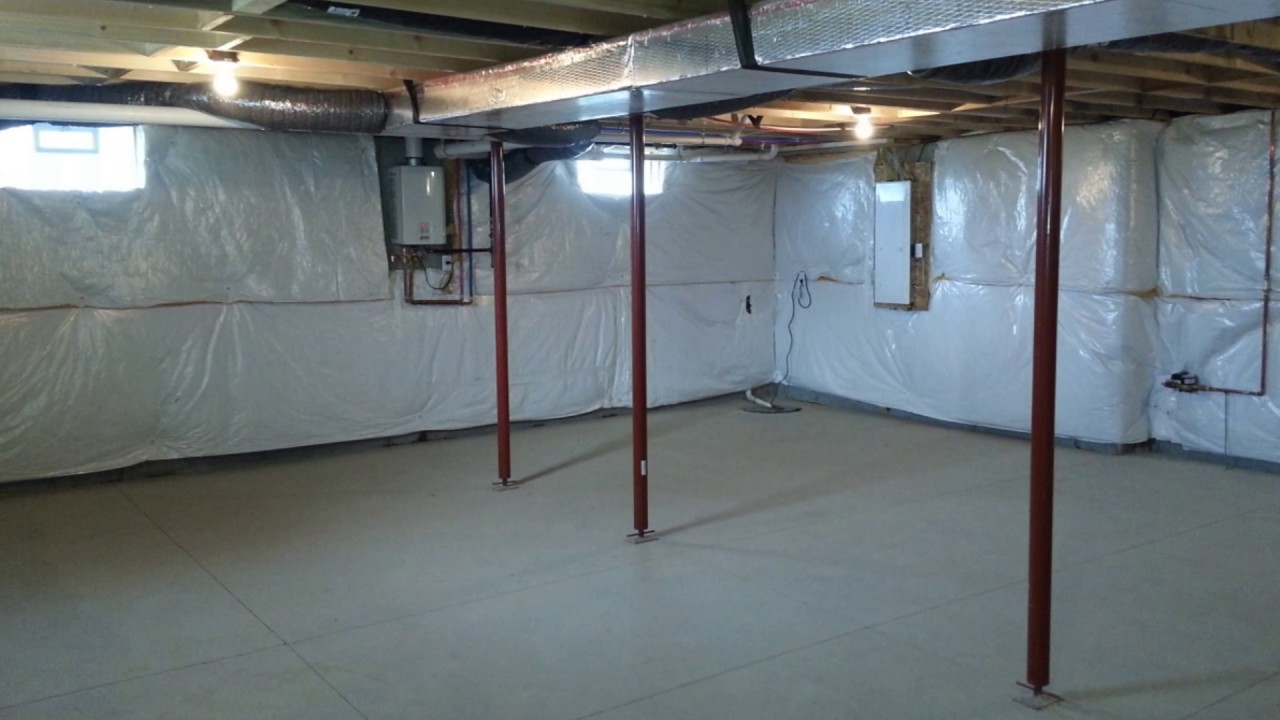
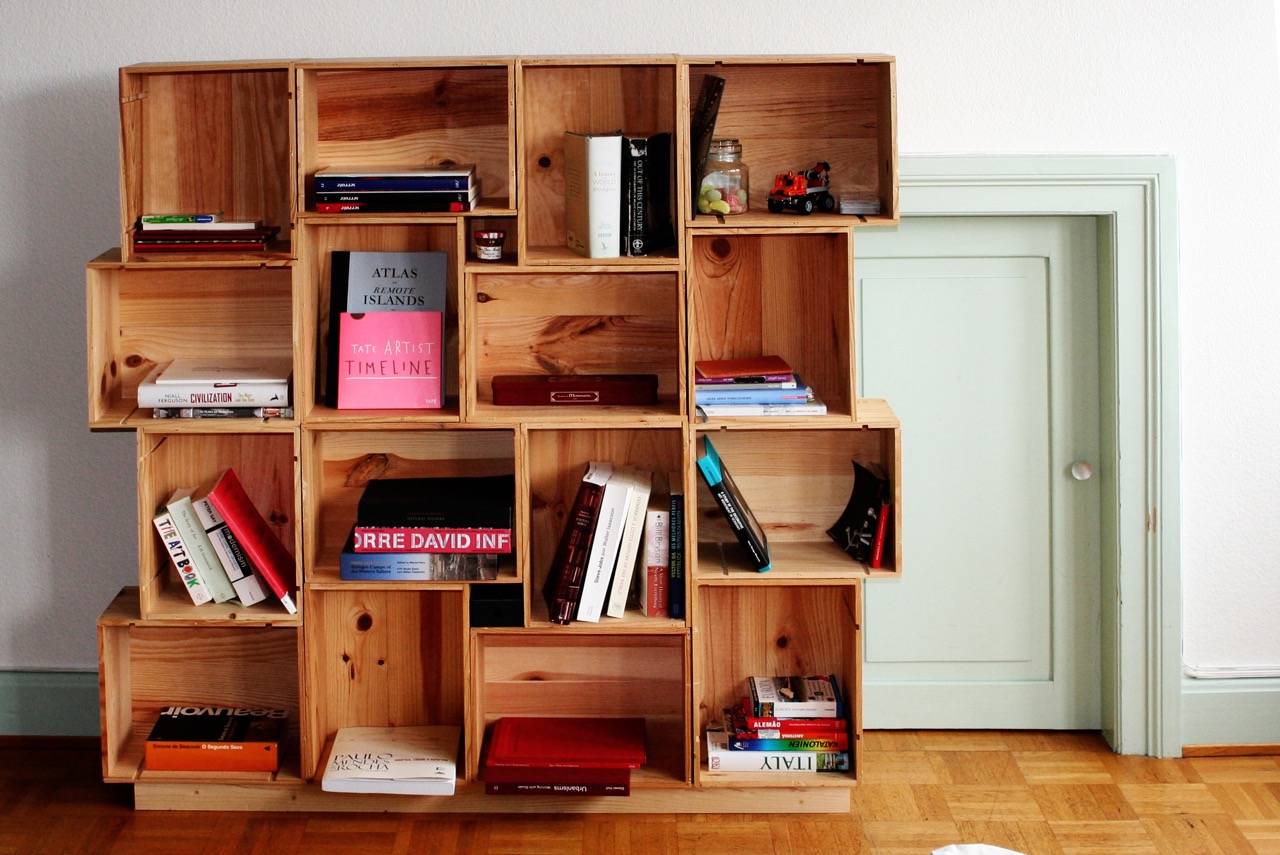
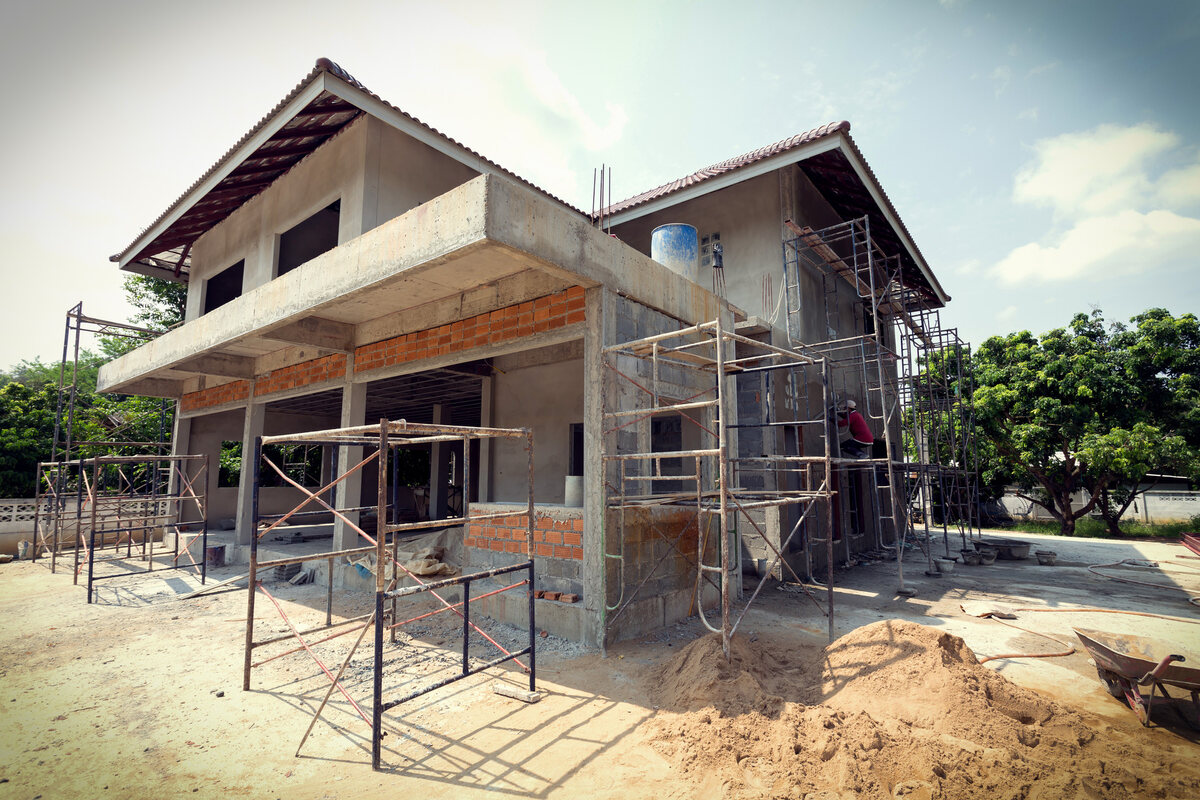
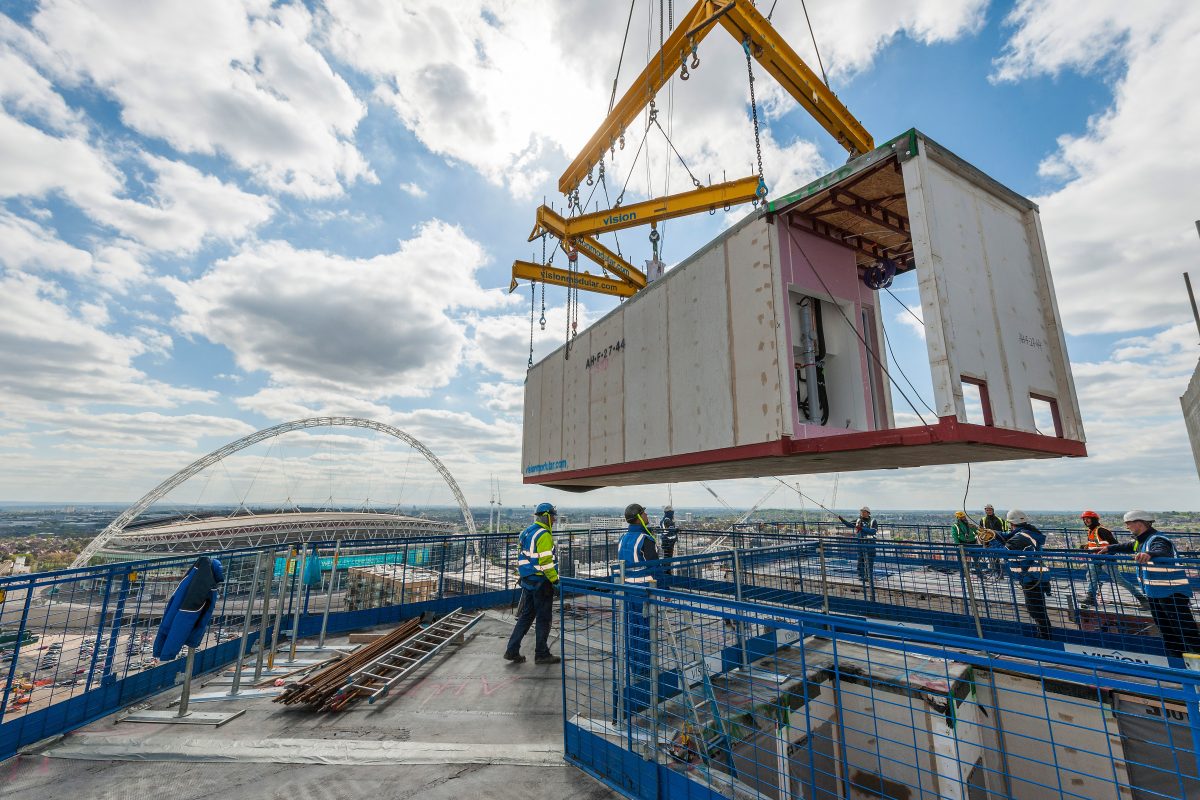

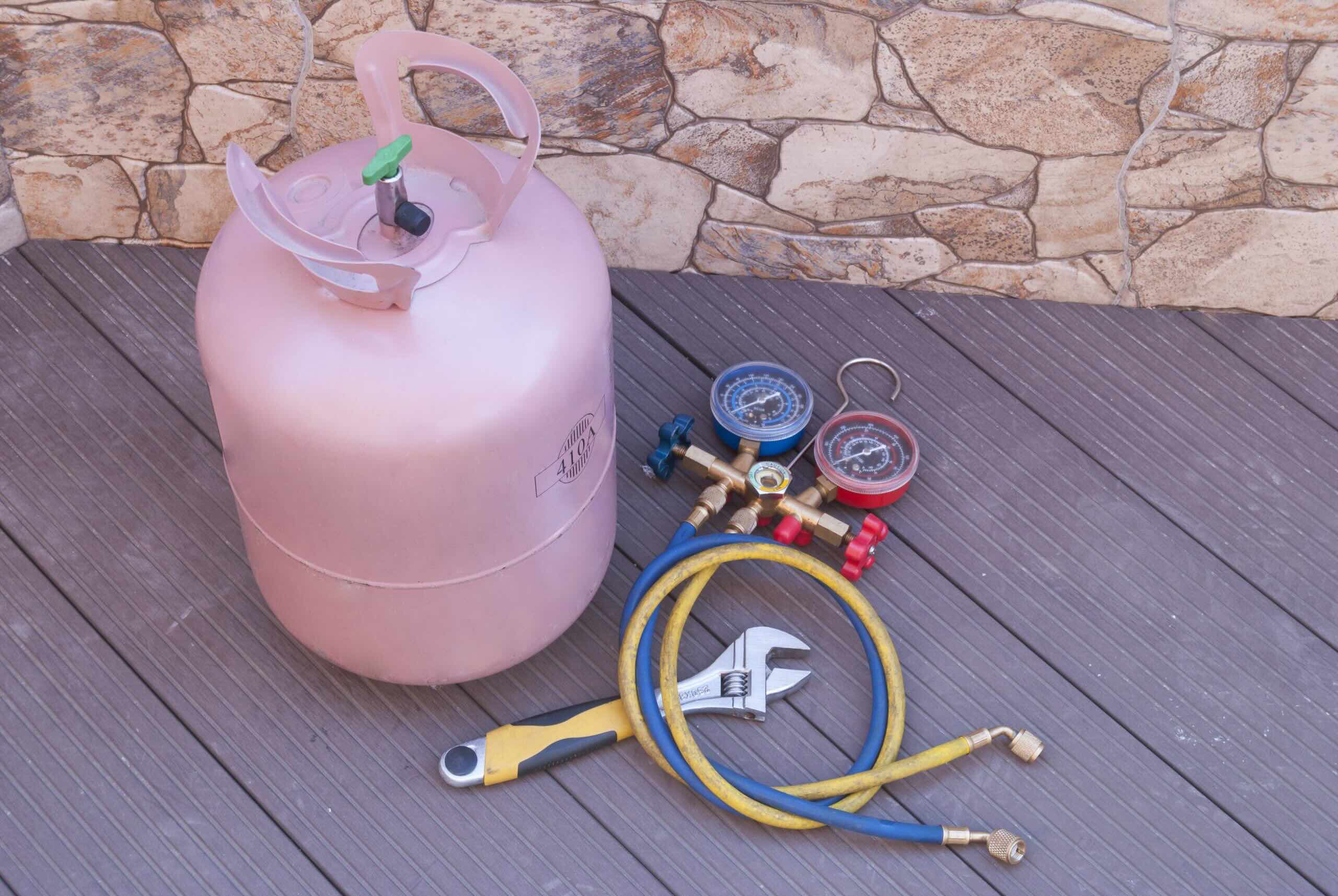
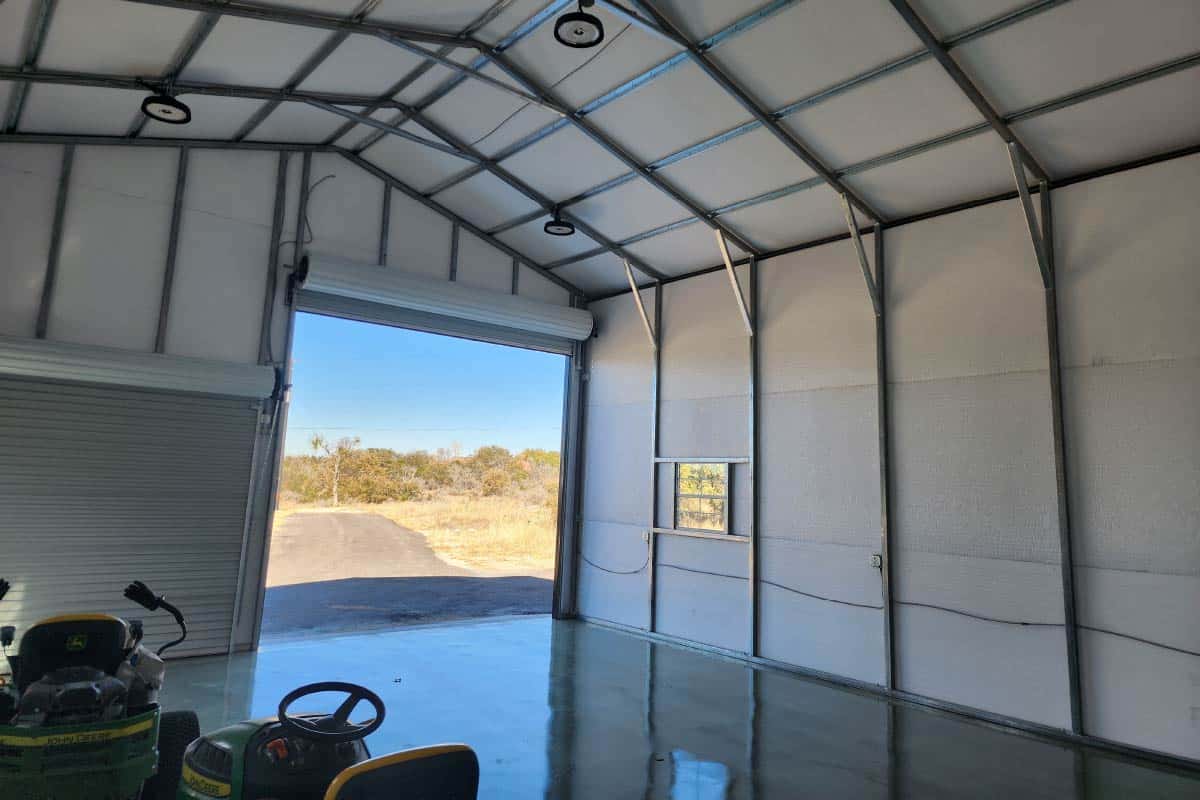
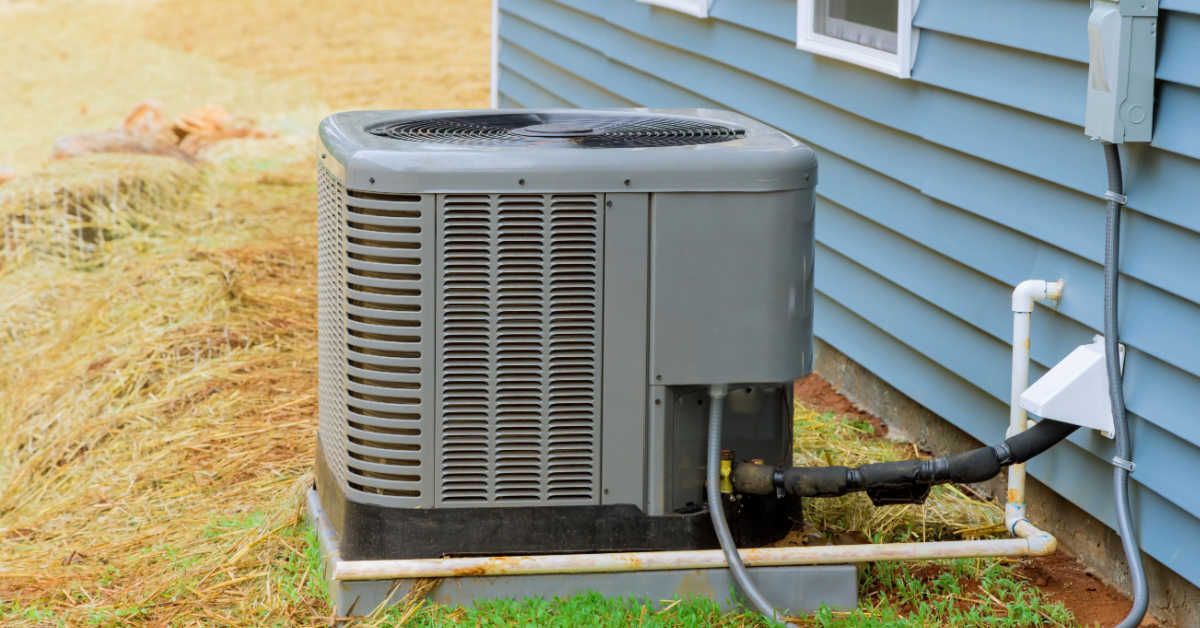
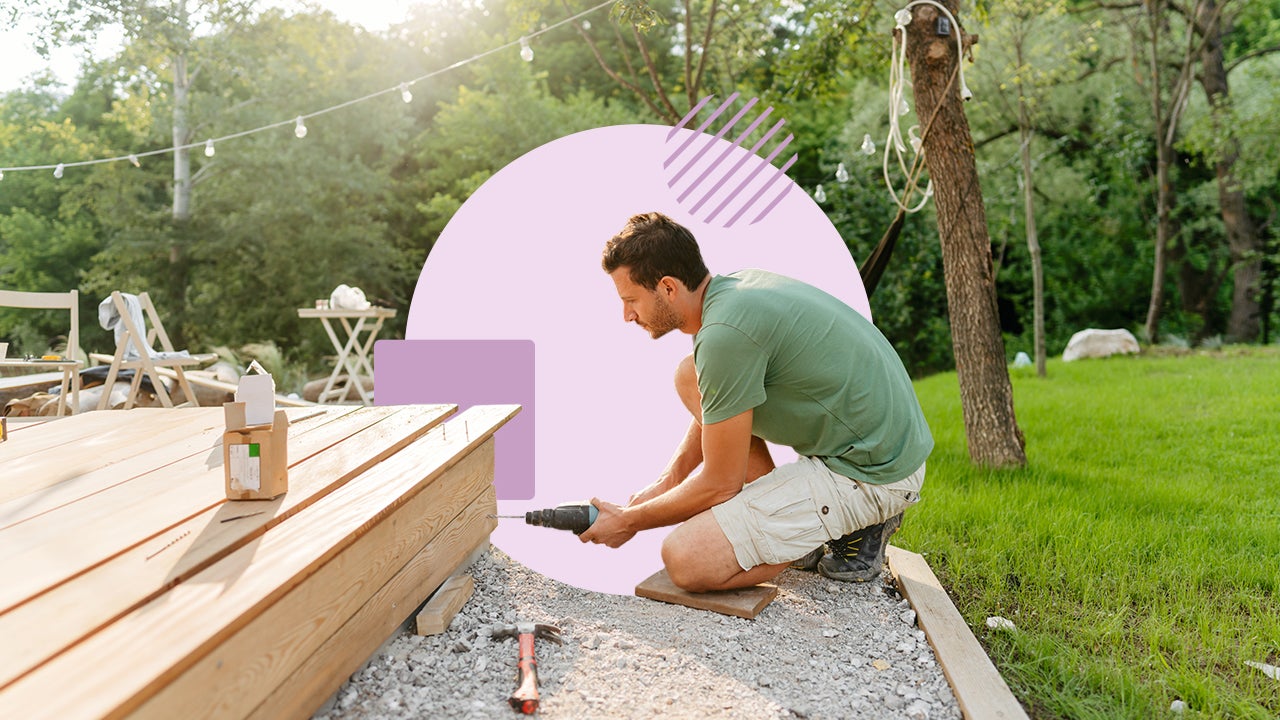
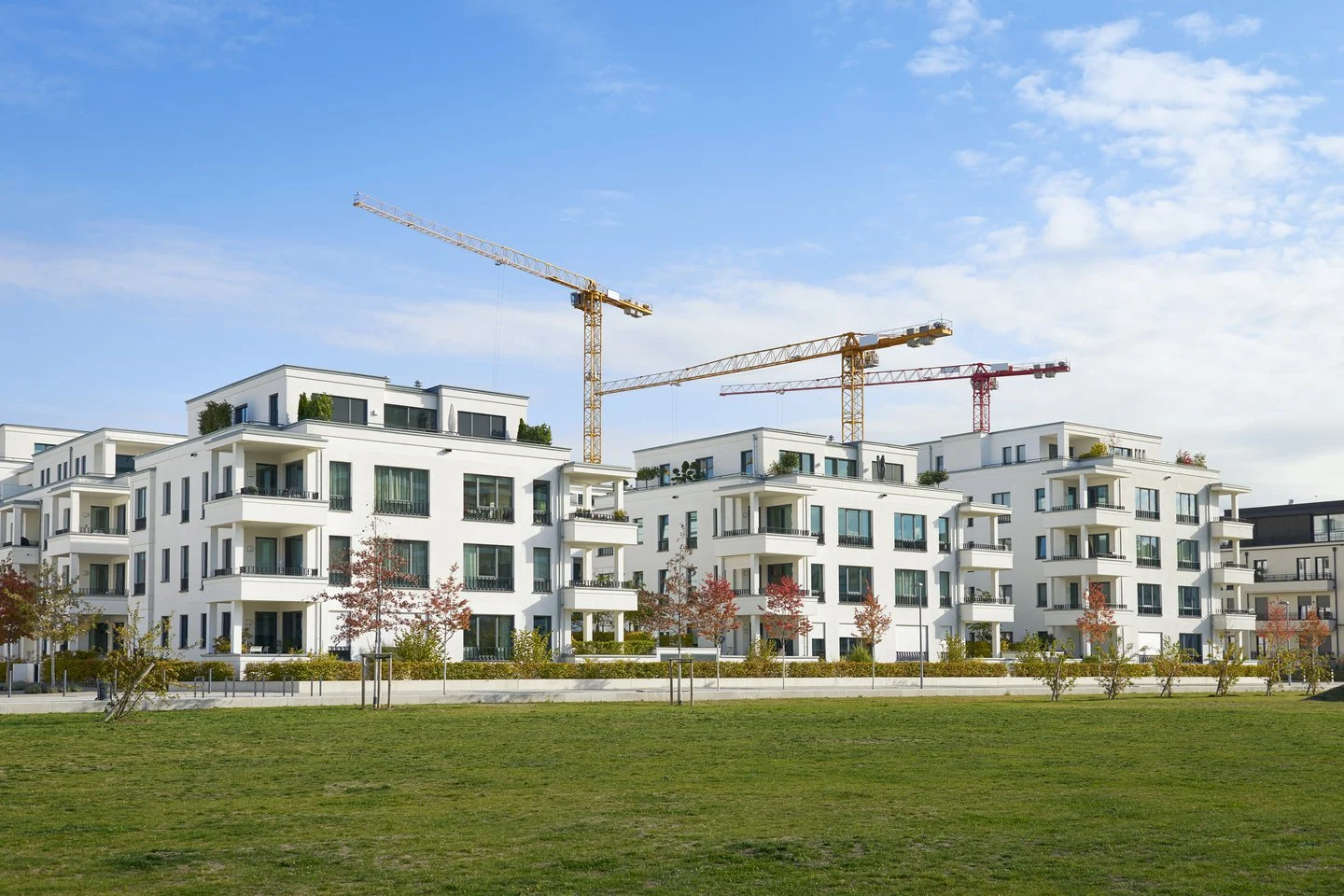
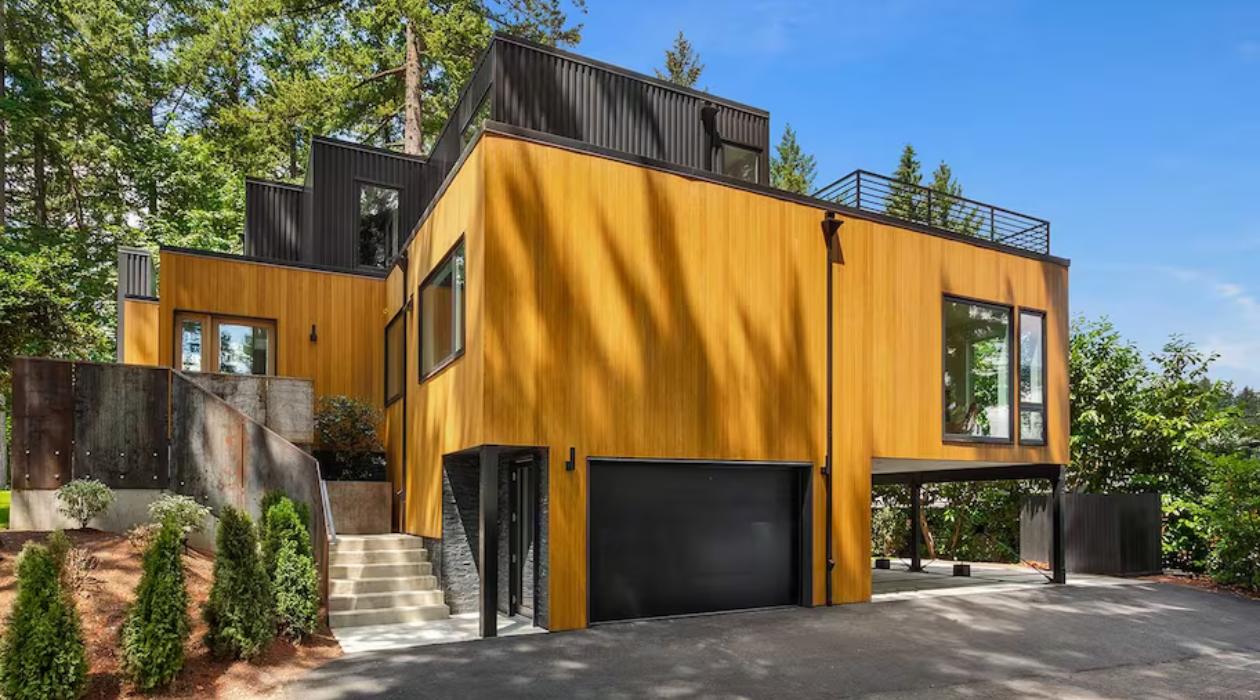
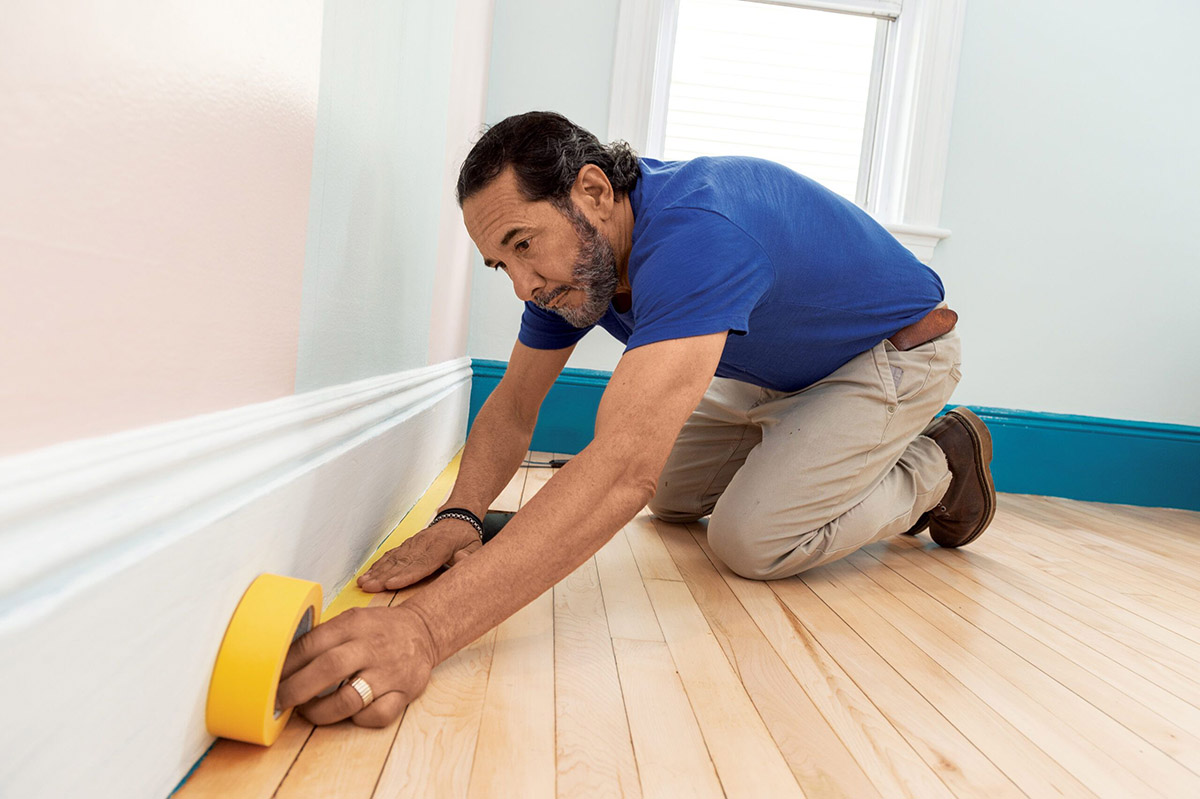
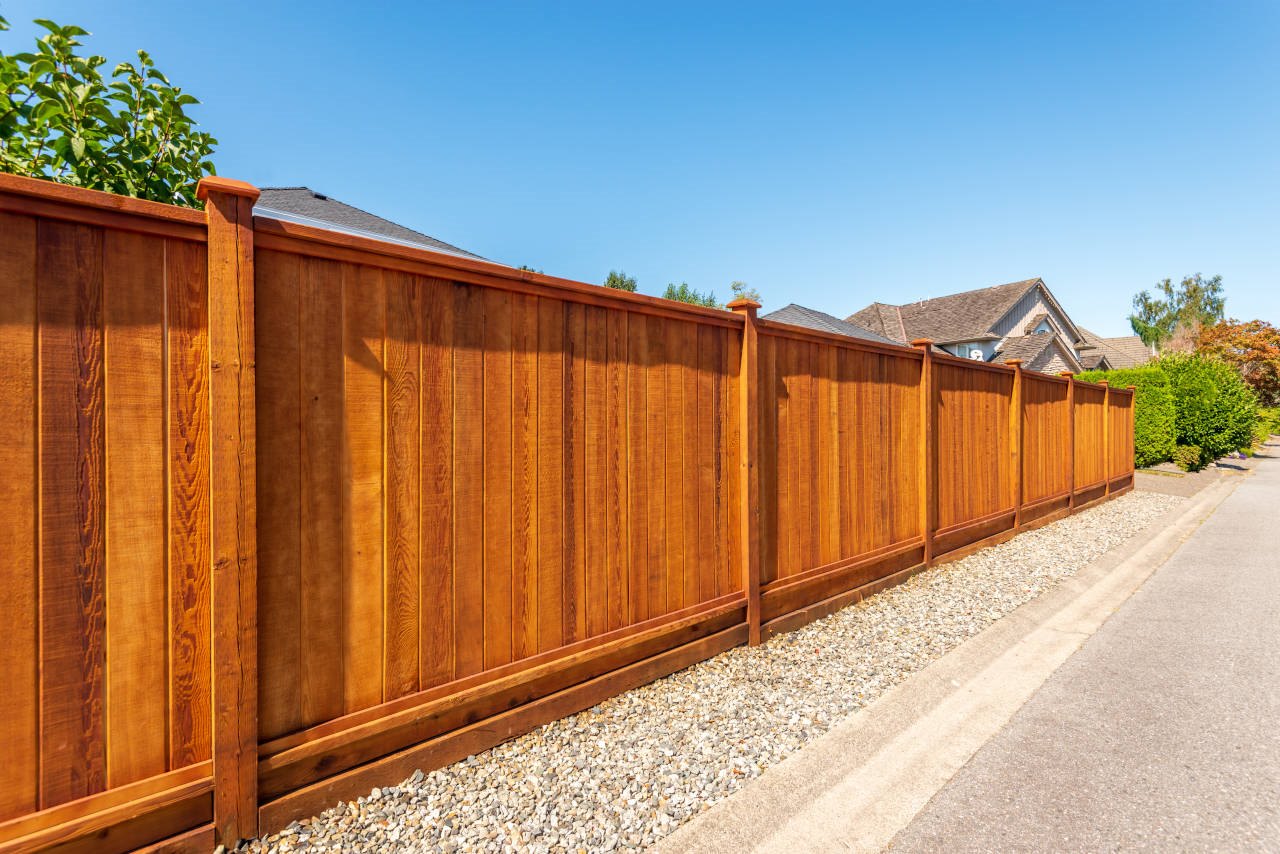


0 thoughts on “What Is The Cost Of Building A Modular Home”